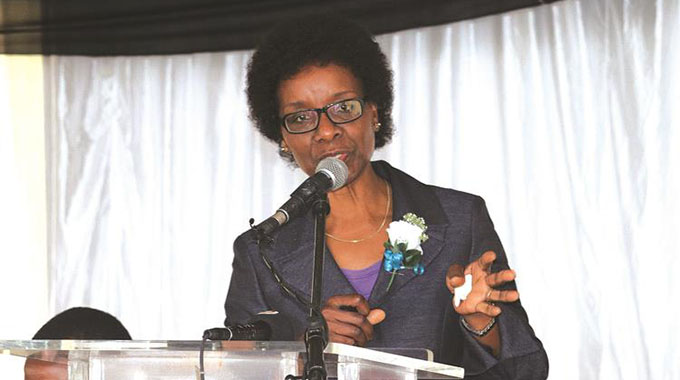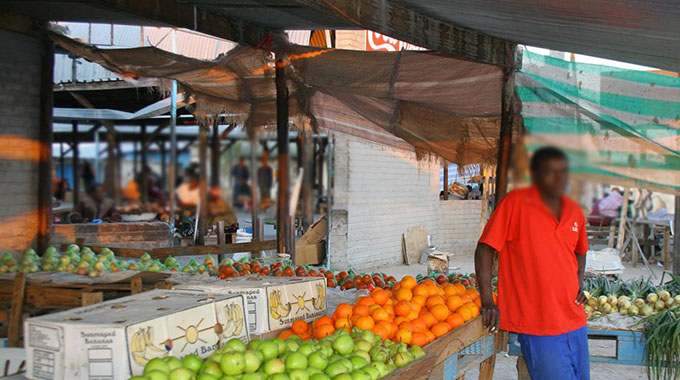Covid-19 strain in Africa weak — experts

Herald Reporter
COVID-19 might not affect people in the African continent in the same manner it has hit Europe and Asia, but this is not an excuse for people to relax adherence to stipulated preventive guidelines.
Covid-19 Chief Coordinator in the Office of the President and Cabinet Dr Agnes Mahomva said this during an interview with Zimpapers radio division on Thursday.
Dr Mahomva said, for example, here in Zimbabwe, most of the cases confirmed are mild, while some people who tested positive showed no sign or symptom of the disease.
“A number of people do not suspect that they are positive before they are tested. They only realise after being tested that they are actually carrying the virus. They do not have any symptoms, everything is okay, but they still test positive.
“In fact, science has actually indicated that the epidemic here in Africa seems to be attenuated. We are not going to have as severe cases as we saw in Europe, so that is very positive and encouraging,” said Dr Mahomva.
She said Government would continue stepping up its response against Covid-19 particularly in quarantine facilities and among returnees, which have now become the most-high risk group.
“We are working very hard to address the challenges that we are having, but I must say a lot has happened in our quarantine facilities,” said Dr Mahomva.
One of the academic papers published by the USA’s Social Sciences Research Council on May 14, 2020 and done by two African researchers alluded to a weaker strain of Covid-19 in Africa.
While earlier postulations by different mathematical modellers predicated the worst for Africa, Dr Duncan Omaga and Dr Bartholomew Ondigo in their paper titled; “Sub-Saharan Africa will most likely ride out the Covid-19 storm”, noted that non-institutionalisation of the elderly, median age of most Africans, environment and climate and late advent of the virus to the continent could be contributing factors to the lesser impact of the virus on the African continent.
“The progression of Covid-19 infections and fatalities in the region appears to be upsetting earlier epidemiological predictions and mathematical models. Africans are not dying in the streets, and the chances of widespread deaths are decreasing with time.
“Although the most optimistic scientists are cautious, the Covid-19 crisis on the African continent is more in the economic and political space,” wrote the authors.
They said since the first case was reported in sub-Saharan Africa on May 5, most hospitals are still virtually empty, even the everyday emergencies and medical procedures that surgeons and physicians encounter are few and far between.
“Months after recording their first cases, we see images of clean and glossy makeshift isolation centres for sick Covid-19 patients in Addis Ababa, Lagos, Accra, Kigali, and other parts of sub-Saharan Africa still yawningly empty,” further noted the authors.
Citing an example of South Africa and Cameroon, which are worst affected countries in the continent, the authors said both countries still had low ratios of both critically ill patients and fatalities.
In fact, they noted that most of the people who tested positive had mild symptoms, which do not require hospitalisation.
They further noted that several other countries such as Uganda, Namibia, Mozambique, Rwanda, and Burundi were yet to record a single death.
“The data is still evolving, but the latest statistics show that, compared to other regions, sub-Saharan Africa has one of the lowest fatality rates, with the ratio of deaths per one million people in the minutest of decimals.
“The rates of fatalities do not reflect a crisis that even comes close to the usual killer diseases Africa faces, such as malaria.”
Africa recorded its first case of Covid-19 on 14 February in Egypt and since then, about 6 000 people have so far died of the disease, while just over 215 000 people have been infected.
This is compared to over 133 000 deaths in Europe and 1, 3 million cases of the same. Asia and USA we also equally affected.







Comments